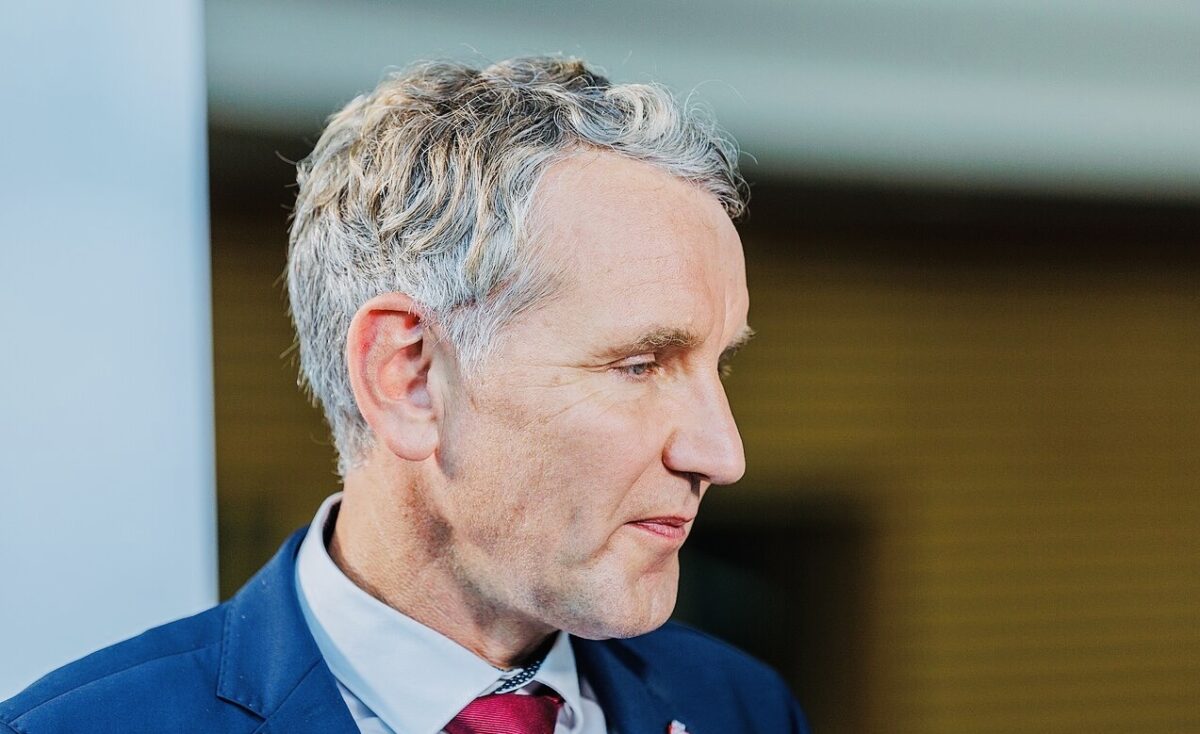Much to the consternation and alarm of most Germans, the Alternative for Germany Party (AfD) won the recent election in Thuringia and finished second in neighboring Saxony, both of which are in eastern Germany.
Chillingly enough, this was the first time since the 12-year Nazi interregnum that a far-right party had amassed a majority of the vote in a state election.
This unsettling development, which occurred on September 1, the anniversary of Germany’s invasion of Poland in 1939, prompted Charlotte Knobloch, the former chairperson of the Central Council of Jews in Germany, to say, “Exactly 85 years after the start of World War II, Germany is in danger of becoming a different country again: more unstable, colder, less secure, less worth living in.”
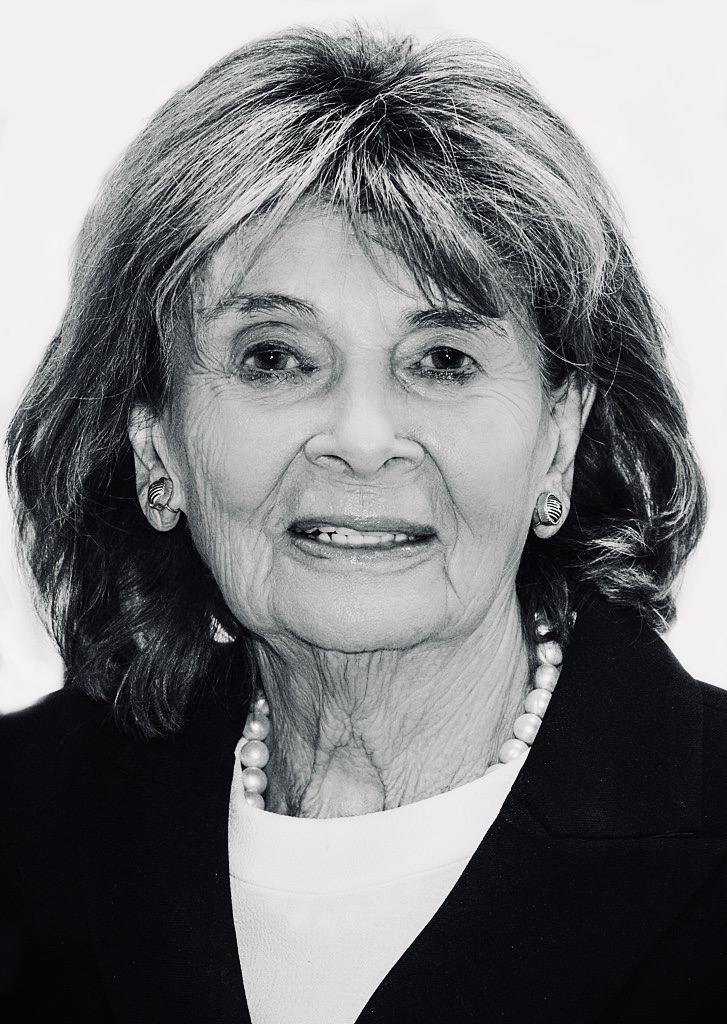
The elections took place about a week after a Syrian refugee was arrested on suspicion of killing three people in a stabbing spree in the city of Solingen. This incident exacerbated anxiety about the entry of more than one million Muslim refugees into Germany since 2015. The controversial decision to admit them was taken by the former German chancellor, Angela Merkel.
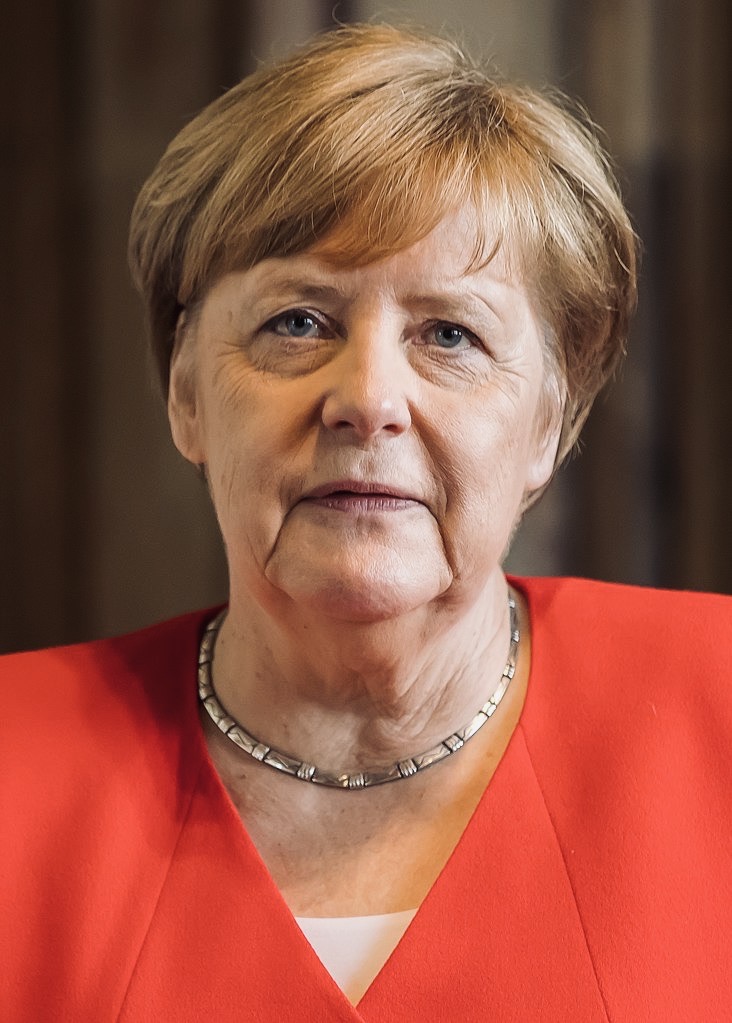
Whatever indignation and angst the election results elicited, observers were not really surprised, since Thuringia and Saxony have been AfD strongholds since its founding 11 years ago.
Nevertheless, this was a highly ironic turn of events in light of the fact that a Soviet-supported communist state, the Democratic Republic of Germany, existed in the eastern half from 1949 until 1990.
The stunning outcome of the elections underscores the yawning gap between Germany’s east and west regions, reflecting the feelings of many eastern Germans that the issues that matter most to them, immigration, social justice and crime, have been neglected by their western compatriots since reunification in 1990.
Eastern Germans, too, believe there has been a lack of East German representation in the central government, though Merkel was a glaring exception to that perception.
“This vote for many eastern voters represents the starkest rejection of being considered second-class citizens,” said Rafael Loss, a policy fellow at the European Council on Foreign Relations. The AfD tried to fill this vacuum by creating summer camps and support groups, he noted.
The elections are “a clear wakeup call to the centrist parties to listen to the real concerns and fears of the people,” said Rabbi Pinhas Goldschmidt, the president of the Conference of European Rabbis.
In short, the AFD tapped into grievances that the government failed to address following the fall of communism and the reunification of Germany.
While 32.8 percent of voters cast their ballots for the AfD in Thuringia, the populist party performed strongly in Saxony as well, winning 30.6 percent compared to 31.9 percent for the center-right Christian Democratic Union (CDU).
The three parties comprising German Chancellor Olaf Scholz’s coalition — the Social Democrats, the Greens and the Free Democrats — fared poorly in both states, particularly in Thuringia, where the Social Democratic Party managed to win only 6.1 percent of the vote. The Greens and the Free Democratic Party failed to make it past the 5 percent threshold, which means they will not be represented in the state legislature.
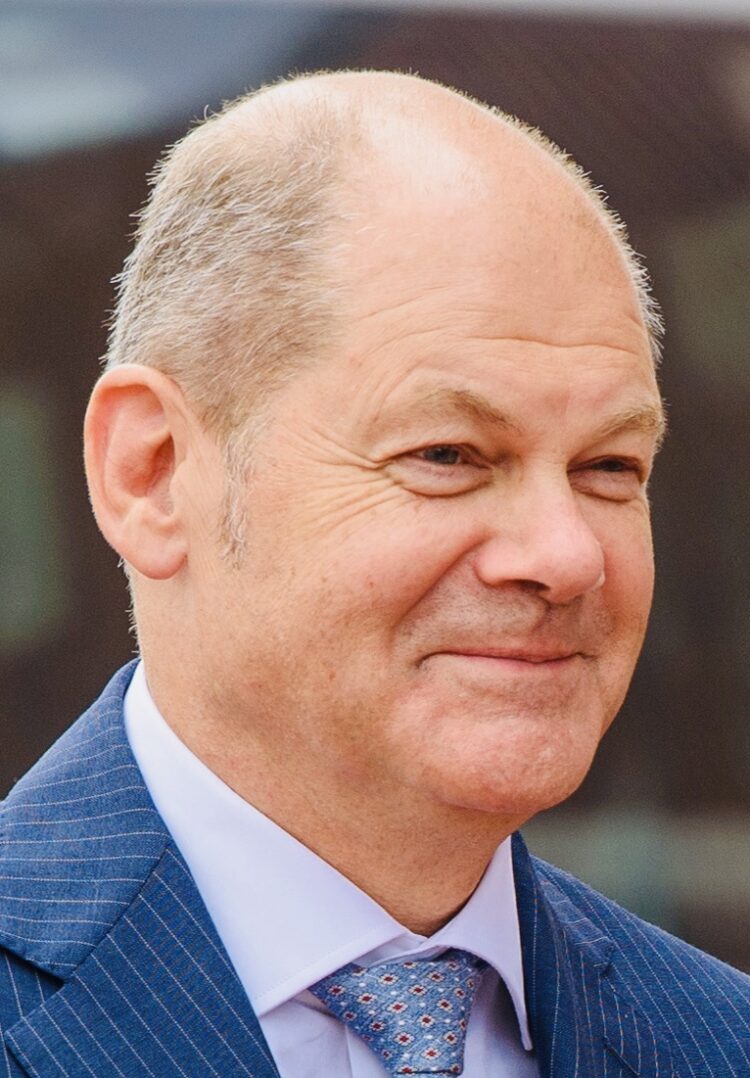
Denouncing the outcome of the elections as “bitter,” Scholz urged mainstream parties to form state governments “without right-wing extremists.”
“The AfD is damaging Germany,” he added. “It is weakening the economy, dividing society, and ruining our country’s reputation.”
Thuringia’s state leader, Bjorn Hocke, certainly fits his description. He has denounced the Holocaust monument in central Berlin as a “memorial of shame.” He has been fined for using Nazi slogans. In 2017, the AfD’s leadership failed to expel him after learning he had submitted an article to a neo-Nazi magazine under a pseudonym.
All the parties, including the far-left Sahra Wagenknecht Alliance (BSW), which won 15.8 percent of the vote in Thuringia, already have ruled out a coalition government with the AfD.
This leaves the CDU as the party most likely to try to form a state government.
The long and short of it is that, for the time being, the AfD will remain an opposition party, the largest one in the country, without any substantial power. But having won one-third of the seats in Thuringia and Saxony, the AfD will be able to block legislation, for which a two-thirds majority is necessary.
The AfD faces another test on September 22, when a state election is scheduled to be held in Brandenburg, an eastern region currently held by the Social Democratic Party.
As one observer pointed out, the firewall erected by major parties against the AfD remains rock solid. “There is simply no clear path to power for the AfD short of an absolute majority of votes, which it is extremely unlikely to secure anywhere. The center and the policies that it represents will hold — until, at least, a major war or a devastating economic crisis further destabilizes the crumbling European order.”
Be that as it may, the AfD seeks to participate in governance, as AfD co-leader Alice Weidel said in the wake of the elections. She predicted that the “undemocratic firewall” built to keep her party on the sidelines will not endure.
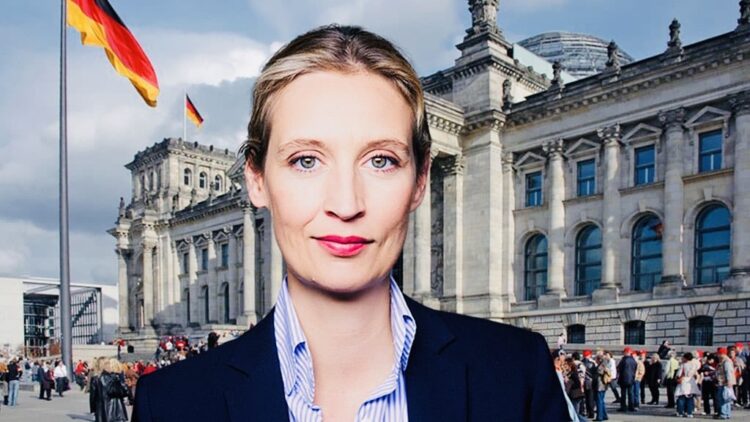
The AfD, founded in 2013, won 94 parliamentary seats in the 2017 general election, making it the third largest political party in the Bundestag. In the 2021 election, it lost ground, winning 77 seats. How it will fare in next year’s national election is a question that consumes commentators.
Since its formation, the AfD has been accused of fomenting anti-Muslim sentiment and belittling the Holocaust. In three states, Germany’s domestic intelligence agency has listed it as an “extremist” organization, a reflection of concerns over its strident rhetoric on Islam and migration and its approach to Holocaust memorialization.
In the last few months, protesters have taken to the streets in marches aimed at exposing the AfD as a harbinger of neo-Nazism.
In 2023, Felix Klein, the federal government’s commissioner for Jewish Life in Germany and the Fight Against Antisemitism, accused leading forces in the AfD of relativizing the Holocaust and condoning antisemitism.
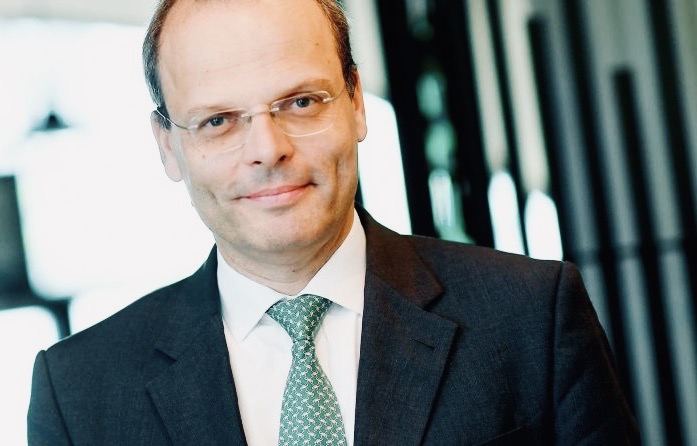
The AfD is not antisemitic insofar as its platform is concerned, but it supports a ban on circumcision for minors in non-medical cases, saying the practice poses a “serious violation of fundamental rights.” The AfD also endorses a ban on kosher slaughter and the “import and sale of kosher meat.”
The AfD, however, is pro-Israel, having denounced Hamas’ attack on October 7. But the Israeli government has consistently shunned the AfD.
